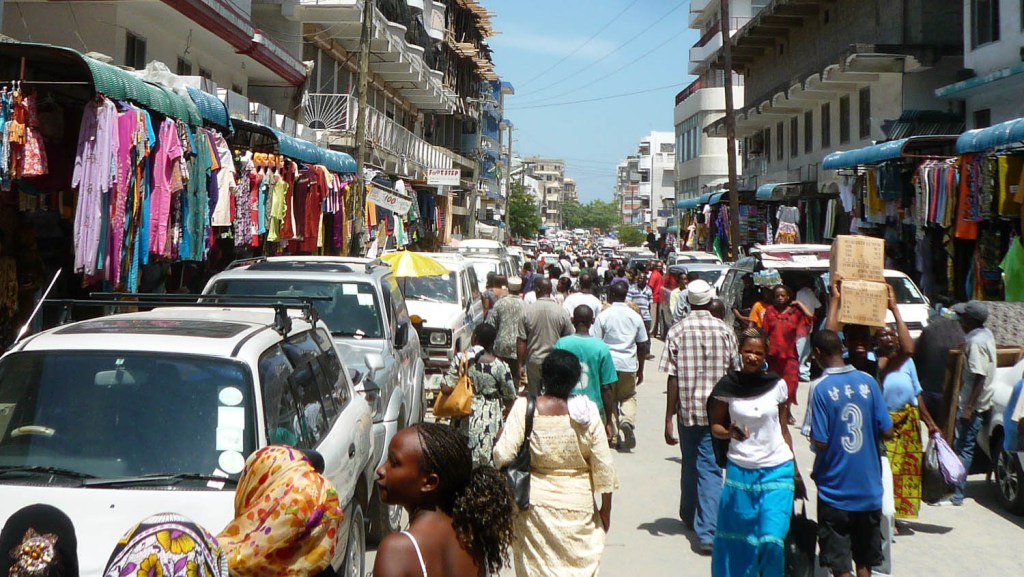
In essence, therefore, that there is an informal component to the foreign exchange market in the country ought not to surprise anyone. How large is it? And why does it persist? These are the questions that we ought to lose sleep over. Increasingly a big solution to our growth and development challenge is to mainstream the informal sector.
In conversations about the economy, today, the travails of the domestic foreign exchange markets are likelier to be at the fore and centre.
The naira has been in freefall since the Central Bank of Nigeria (CBN) agreed at the July meeting of its policy committee to allow some flexibility in price discovery at the interbank market. Most commentators are unanimous that at the current circa US$1/N400, the naira is grossly undervalued. The fundamentals of the underlying economy remain strong, bar the equally precipitous fall in crude oil prices.
The problem though, is that much of the current argument is familiar from the days when the CBN was defending a naira peg. Okay, so the main argument then was that the peg overvalued the naira; and thus made imports cheaper, discouraging whatever hope we had as an economy of boosting a domestic export base. There was also the argument that low oil prices, and thus, reduced accretions to the gross external reserves meant that the CBN was eventually going to reach that point where it could no longer support the cheap dollar policy.
In all this argy-bargy, one feature of the domestic foreign exchange market has appeared immutable: the parallel market for foreign exchange. At this market, the naira has regularly plumbed new depths, whether under the peg, or now that we have a flexible exchange rate regime. Much informed commentary around the parallel market prefer it as more reflective of supply and demand pressures than the official market where myriad interventions by the apex bank to prop up the naira does occur.
Indeed, most commentators of this persuasion have argued that the presence of arbitrage opportunities between the official interbank foreign exchange market and the parallel market, i.e. the opportunity to buy dollars cheaply at the former and sell for a premium at the latter, is the clearest sign that the official market is anything but flexible.
Overall, 41.43 percent of our N94.14 trillion economy is accounted for by informal sector activity. This is as much about lost tax receipts as it is about disproportionately high levels of inefficiency all round.
Inevitably, some of the conversation on main street has developed around the outlook for the parallel market. “Why not simply delegitimise it?” If the parallel market is this pesky, and government is fully in charge of the domestic economy, would the easiest route out of the pressure posed by the parallel market for the naira’s exchange rate not simply be to make transactions in the parallel market illegal?
Easy? Yes. But this cop out misses the whole point of the Nigerian economy.
In June this year, the National Bureau of Statistics (NBS) released a report on the formal and informal sector composition of the country’s national output. In other words, how much of the economy’s production takes place in the formal sector, where government’s tax and regulatory remit holds sway. And how much away from “big brother’s” prying eyes.
According to the NBS’ number-crunchers, in 2015, almost 92 percent of the output from agriculture was from the informal sector. Not surprising this, giving that much of our agriculture is both rain-fed and subsistence. This is clearly the result of an infrastructure failure, along with government’s reluctance, to-date, to drive reforms to our land tenure system. We, again, encounter this infrastructure hurdle in the “water supply, sewerage, waste management” sector of the economy (informal output is at 34.6 percent here), where failing public infrastructure means that most people have to provide their own infrastructure.
…the economy could do with freer commerce, more transparent rule making, more competition across sectors, a bigger presence for private businesses, and slightly more intelligent meddling by government.
In the manufacturing sector of the economy, on the other hand, excessive regulation is the bug-bear. This not only drives more than a tenth of activity underground, but restricts the sector’s overall contribution to output. Overall, 41.43 percent of our N94.14 trillion economy is accounted for by informal sector activity. This is as much about lost tax receipts as it is about disproportionately high levels of inefficiency all round.
In essence, therefore, that there is an informal component to the foreign exchange market in the country ought not to surprise anyone. How large is it? And why does it persist? These are the questions that we ought to lose sleep over. Increasingly a big solution to our growth and development challenge is to mainstream the informal sector. The CBN, incidentally, has made the running in this regard concerning the underbanked and unbanked segments of the domestic population.
Thankfully, the CBN’s arguments for financial inclusion hold across other sectors of the economy where the informal sector continues to hold sway. And much of the solutions too: especially ease of access, and convenience of use. Beyond these, the economy could do with freer commerce, more transparent rule making, more competition across sectors, a bigger presence for private businesses, and slightly more intelligent meddling by government.
Ifeanyi Uddin, journalist manqué and retired civil servant, can be reached @IfeanyiUddin.
END

Be the first to comment